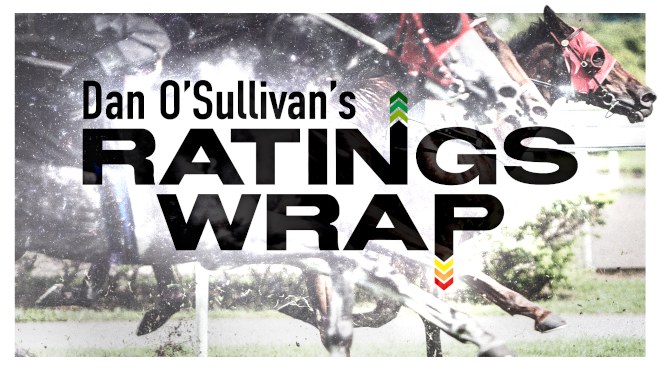
Nearly $450 million is feared lost from an Australian superannuation fund after its directors engaged in a lavish spending spree, including the purchase of a luxury Lamborghini, before the fund’s collapse. The revelation has sparked significant concern among savers, who now face the grim possibility of never recovering their investments, potentially derailing their retirement plans.
A recent creditor’s report has outlined where the funds may have been misallocated, following the First Guardian Master Fund’s liquidation in March. The Australian Securities and Investments Commission (ASIC) had previously obtained a Federal Court order to freeze the fund’s assets, leading to the appointment of FTI Consulting managing partners Ross Blakeley and Paul Harlond as liquidators in April. The liquidators have expressed doubts about the likelihood of creditors recovering their money.
‘In the absence of considerable recoveries from alternative potential claims in the liquidation, insufficient funds will exist to meet all claims of creditors,’ they stated.
Unraveling the Financial Mismanagement
The liquidators have disclosed that approximately $446 million could be owed to retirement savers after their superannuation was invested in questionable ventures. A significant portion of these funds was reportedly transferred offshore to foreign jurisdictions, complicating recovery efforts.
David Anderson, 46, a director of the super fund and its parent company Falcon Capital Limited, stands accused of diverting millions into his personal ANZ bank account. The report highlights transactions involving Anderson or associates that require further investigation.
‘There is evidence that one director, Mr Anderson, or entities or individuals associated with Mr Anderson have also been parties to certain transactions and/or the receipt of considerable monies from the company and/or funds,’ the report noted.
Lavish Purchases and Legal Repercussions
Before the fund’s collapse, Anderson purchased a $9 million mansion along the Yarra River in Melbourne’s affluent Hawthorn suburb in 2020. Fellow director Simon Selimaj, 63, had a $548,000 Lamborghini Urus registered in his name, funded by a company-controlled bank account. The Federal Court has barred both directors from leaving Australia until February 2026.
The Lamborghini, now seized by liquidators and valued at $350,000 to $400,000, was not disclosed in the company’s activity report. Slattery Auctions has since taken possession of the vehicle.
Marketing Fees and Potential Conflicts
First Guardian reportedly paid over $40 million in marketing fees to Cornerstone Strategic Management and other associated entities between August 2021 and February 2024. These payments, sourced from the fund, have raised concerns over potential conflicts of interest and breaches of duty, further depleting investor funds.
‘There are concerns that the payment of fees purportedly for marketing services may have given rise to a conflict of interest, breach of duties, and has depleted investor funds,’ the creditors’ report stated.
Investors were initially attracted to First Guardian through contacts with Venture Egg Financial Services, whose director Ferras Merhi, a former VFL ruckman, also faces asset freezes following an ASIC application.
Asset Valuation and Investor Concerns
Questions have arisen regarding the potential inflation of asset values by First Guardian’s directors. The liquidators suspect that the actual recoverable value of investments may be significantly lower than reported, further complicating the financial outlook for creditors.
‘The overall recoverable value of the investments is likely to be considerably less than their combined book value and the view expressed by the directors,’ the report suggested.
The $446 million owed to creditors is considered a conservative estimate, as additional investments and loans could increase claims. Meanwhile, David Anderson’s defense lawyer, Dan Mackay, maintains that no legal findings have been made against his client.
‘Mr Anderson will fully exercise his rights in response to allegations which may be made against him at the appropriate time in the appropriate forum,’ Mackay stated.
As the situation unfolds, affected investors and industry observers alike are closely monitoring developments, with many questioning the regulatory oversight that allowed such financial mismanagement to occur. The case underscores the critical need for transparency and accountability in managing retirement funds, as well as the potential consequences of financial misconduct on a large scale.






